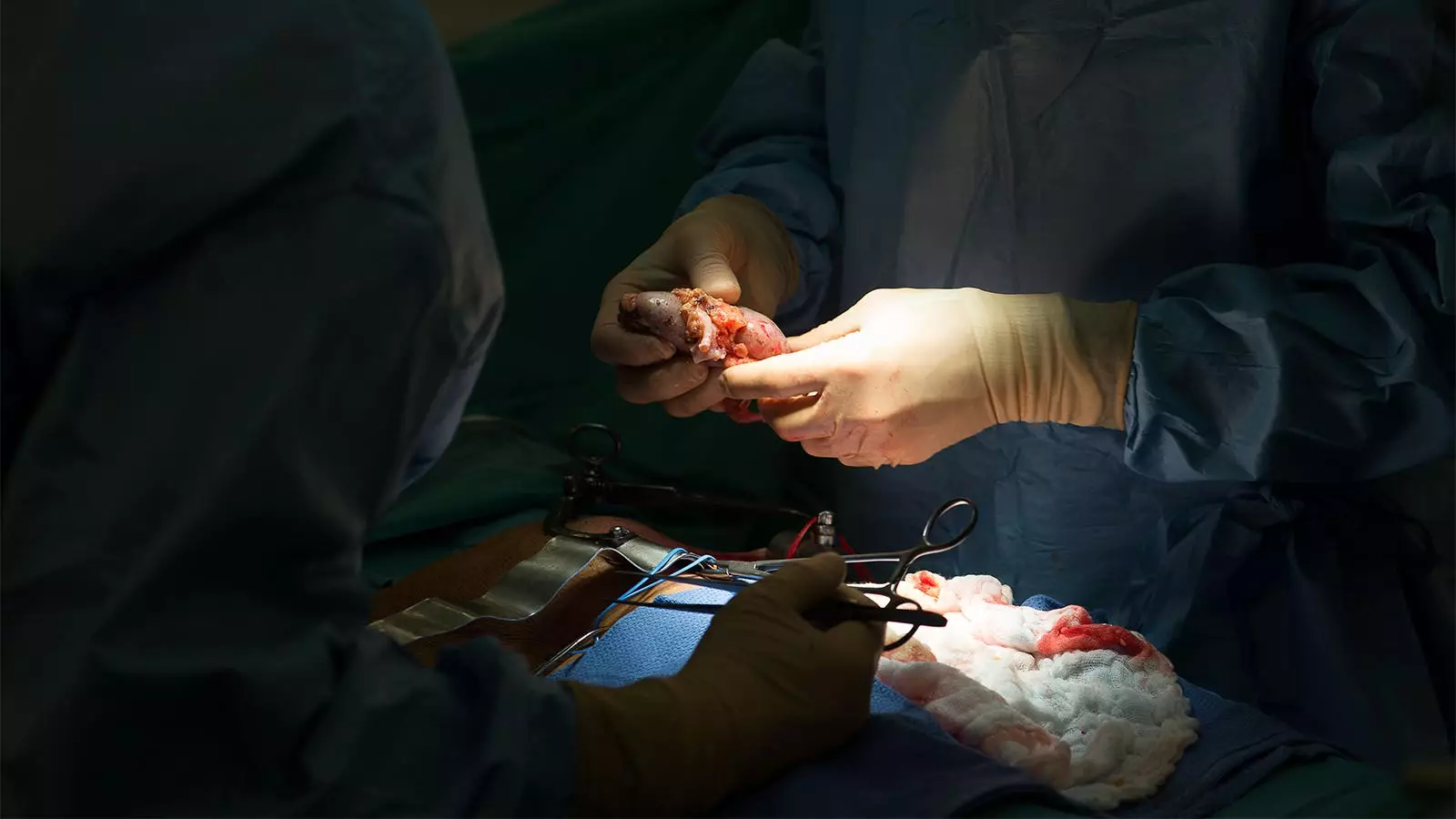The organ transplant system in the United States has long been plagued by a myriad of issues that have come to light in a recent House Energy & Commerce Oversight and Investigations Subcommittee hearing. Shocking testimonies from witnesses shed light on the dark underbelly of the system, revealing horrifying incidents such as presumably deceased organ donors waking up and pleading for help, threats made to whistleblowers, and organs intended for transplants being lost in freezers. These revelations have left subcommittee members from both sides of the aisle appalled and dismayed at the lack of progress in addressing these pressing concerns.
Central to the discussion at the hearing was the Securing the U.S. Organ Procurement and Transplantation Network Act, signed into law last year with the intention of modernizing and improving the nation’s organ procurement and transplantation system. However, witnesses pointed to serious conflicts of interest within the Organ Procurement and Transplantation Network (OPTN), despite the act’s provisions mandating independence and transparency. Testimonies revealed that the OPTN board, responsible for overseeing organ procurement, is filled with board members from the United Network for Organ Sharing, the contractor managing the network, leading to self-interest and mismanagement that ultimately result in patient deaths.
The rampant Medicare and Medicaid fraud highlighted during the hearing further underscores the need for radical reform within the organ transplant system. Dr. Seth Karp, a prominent surgeon, and board member detailed the OPTN’s cover-ups of missed donors and lack of accountability for poor performance within organ procurement organizations (OPOs). Witness accounts painted a grim picture of a system in dire need of oversight and stringent enforcement of laws designed to increase organ supply and prevent malpractice.
As witnesses offered their insights into potential solutions for the systemic failures of the organ transplant system, calls for de-conflicting the OPTN board and enforcing independent board appointments were emphasized. The creation of a meaningful Membership and Professional Standards Committee (MPSC) to investigate patient safety claims and professionalize OPO staff interactions with donor patients through licensure requirements were proposed as critical steps towards enhancing transparency and accountability.
While progress has been made in addressing some of the glaring issues within the organ transplant system, concerns over transparency, patient focus, and equity persist. The inefficiencies leading to the wastage of kidneys intended for transplants, juxtaposed with the tragic reality of 12 people dying each day waiting for a kidney transplant, signal a systemic failure that demands urgent attention. Moreover, the lack of accessibility to organ transplant services in rural areas and alarming allegations of Medicare fraud present significant challenges that must be addressed to ensure equitable and efficient organ allocation.
The revelations emerging from the House Energy & Commerce Oversight and Investigations Subcommittee hearing shed light on the urgent need for comprehensive reform within the organ transplant system. The harrowing testimonies of witnesses, detailing systemic failures, conflicts of interest, and fraud, underscore the pressing need for stringent oversight, transparency, and accountability. As policymakers grapple with the complexities of the current system, the calls for de-conflicting the OPTN board, investigating malpractice, and bolstering patient safety measures must be heeded to restore trust and integrity in organ procurement and transplantation.


Leave a Reply